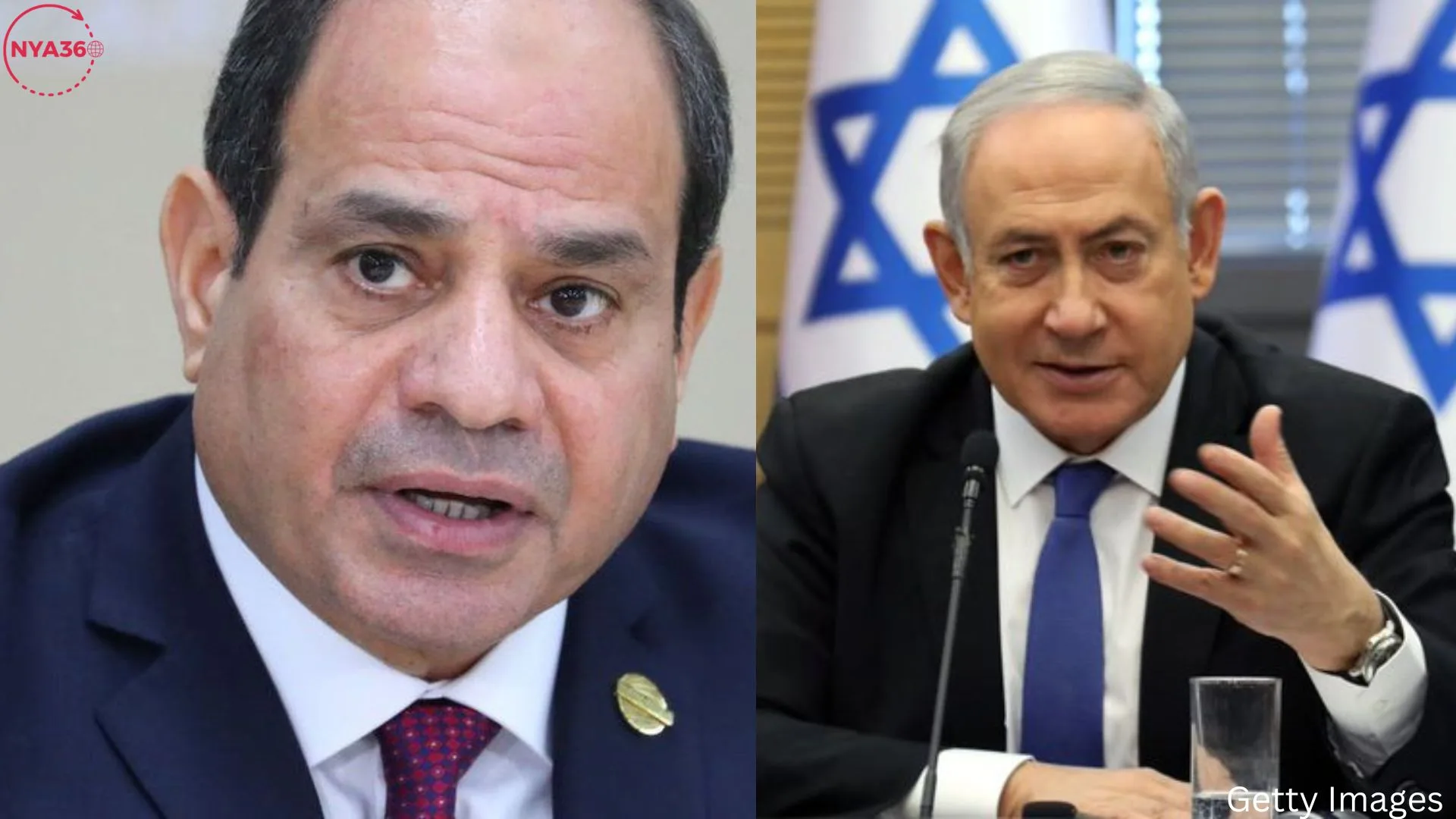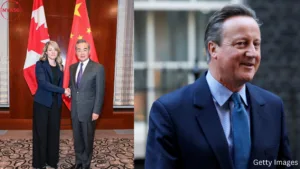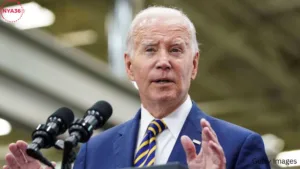Egypt’s current attitude on the Israeli presence along its borders and the evacuation of Gaza refugees demonstrates the country’s strong resistance and unwavering dedication to defending Palestinian land rights and promoting Palestinian statehood through diplomatic channels. Egypt’s unequivocal refusal to accept any Israeli presence along its borders demonstrates a resolute commitment to protecting its territorial integrity and upholding sovereignty over its borders. This statement is consistent with Egypt’s historical stance of safeguarding its boundaries and preserving national security, especially in relation to any external influence or infringement.
Egypt’s unwillingness to relocate Gaza refugees demonstrates its commitment to safeguarding the rights and cultural heritage of the Palestinian people. Cairo’s refusal to accept the move underscores its dedication to resolving the Palestinian issue through diplomatic means, highlighting the importance of finding a lasting solution that upholds the rights and desires of the Palestinian population. Egypt’s support for the establishment of a Palestinian state is consistent with its ongoing endeavors to foster stability in the region and advance a fair and all-encompassing solution to the Israeli-Palestinian dispute. The diplomatic strategy prioritizes discussions, dialogue, and international cooperation as crucial means to attain a peaceful and enduring resolution.

Egypt’s rejection to offer safe passages for Gaza refugees during discussions with the United States for humanitarian relief reaffirms its commitment to supporting Palestinian land rights. Egypt’s position emphasizes its unwavering commitment to upholding the basic rights and territorial sovereignty of the Palestinian population, even while considering humanitarian factors.
Egypt’s stance on these issues demonstrates a commitment to diplomacy, emphasizing the significance of global collaboration and respect to existing legal structures in dealing with the intricacies of the Israeli-Palestinian dispute. Egypt’s prioritization of diplomatic resolutions demonstrates its dedication to achieving a peaceful outcome while protecting the rights and sovereignty of the Palestinian population.
Israel’s occupation of the Egyptian border would be unequivocally considered a “red line.” Egypt is conveying a powerful message to Israel, underscoring the gravity of the matter and indicating that any measures seen as crossing this limit will be greeted with substantial protest or repercussions. The aforementioned letter demonstrates Egypt’s resolute commitment to safeguard its national interests and uphold stability along its borders.
The word “red line” in diplomatic terminology typically acts as a warning or a point of no return, underlining the seriousness of specific actions or policies. Within this framework, Egypt’s affirmation of its red lines emphasizes the significance of upholding its territorial integrity and sovereignty, encouraging Israel to abstain from activities that have the potential to violate these borders and result in increased tensions or confrontations in the region.
In summary, Egypt’s communication regarding the occupation of its borders and the movement of Palestinians into Sinai as a “red line” demonstrates its dedication to safeguarding its sovereignty and security interests. It also conveys a strong warning about the gravity of any actions that may violate these vital boundaries.
It is noteworthy that Egypt’s position on these matters is a reflection of its overarching foreign policy goals and past engagement in regional matters, with the purpose of making a constructive contribution to stability, security, and justice in the Middle East. Egypt’s attitude to handling the Israeli-Palestinian issue and related humanitarian concerns may be influenced by ongoing diplomatic initiatives and contacts.
Follow us on social media: Instagram, Threads & Twitter X @nya360_ YouTube & Facebook @nya360.





